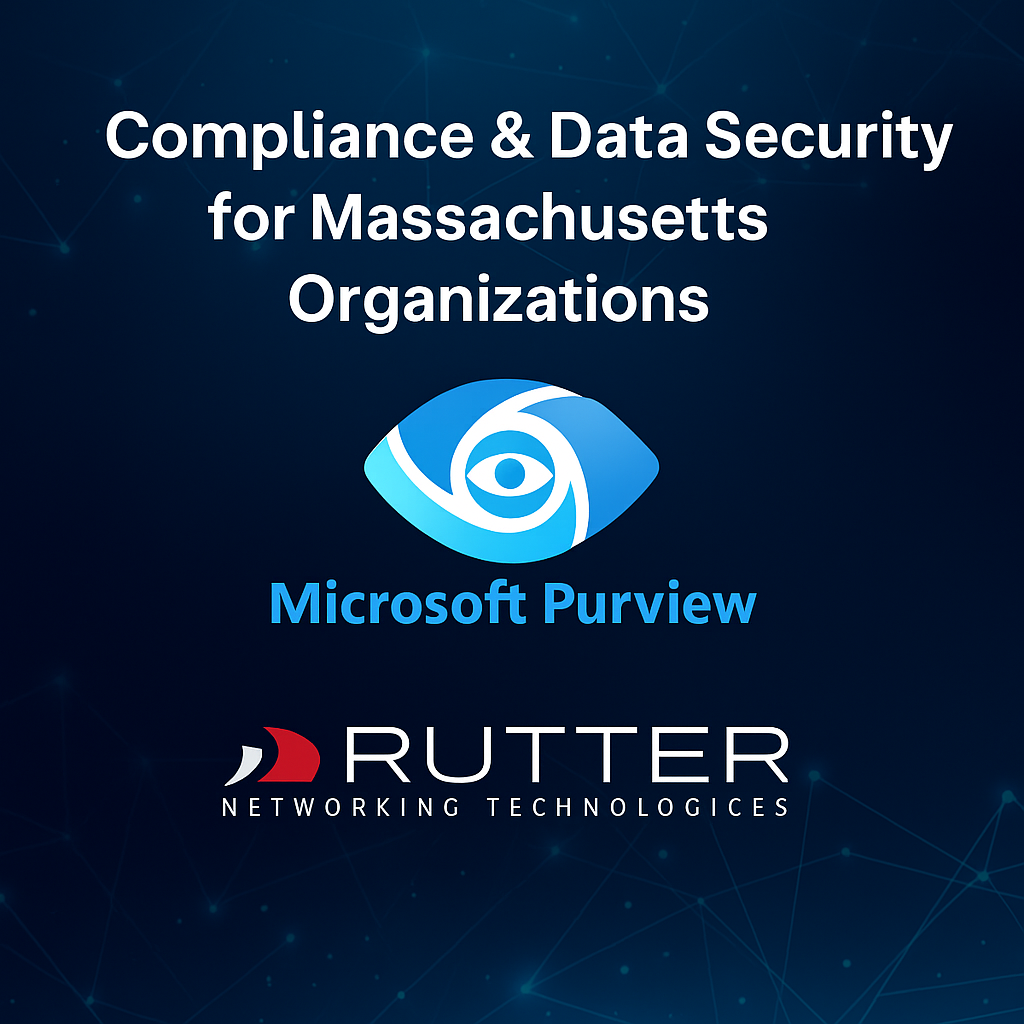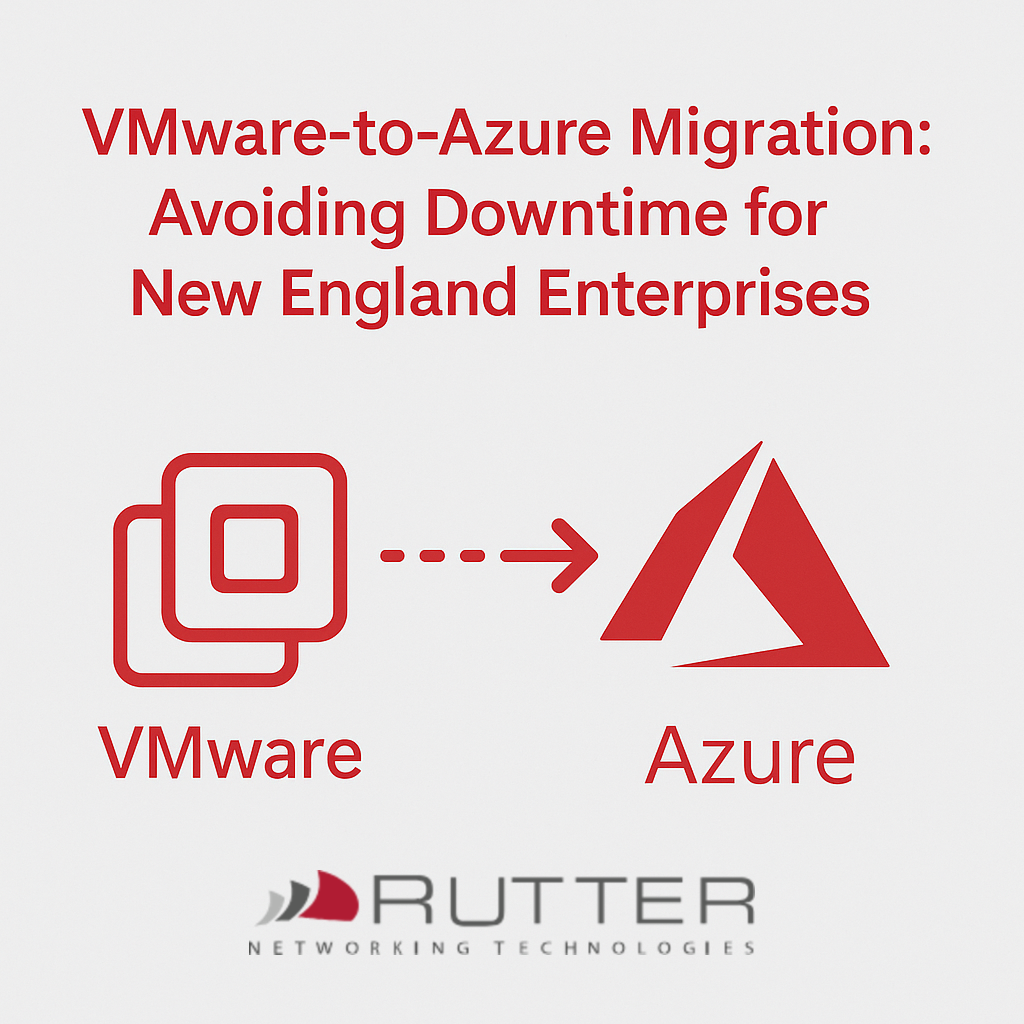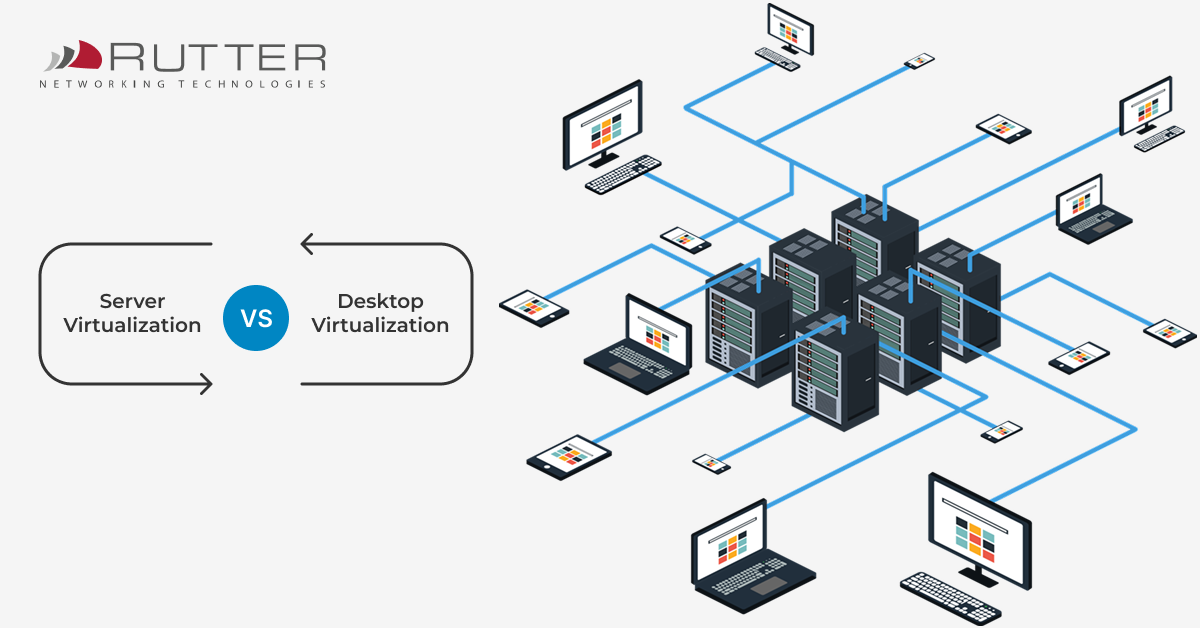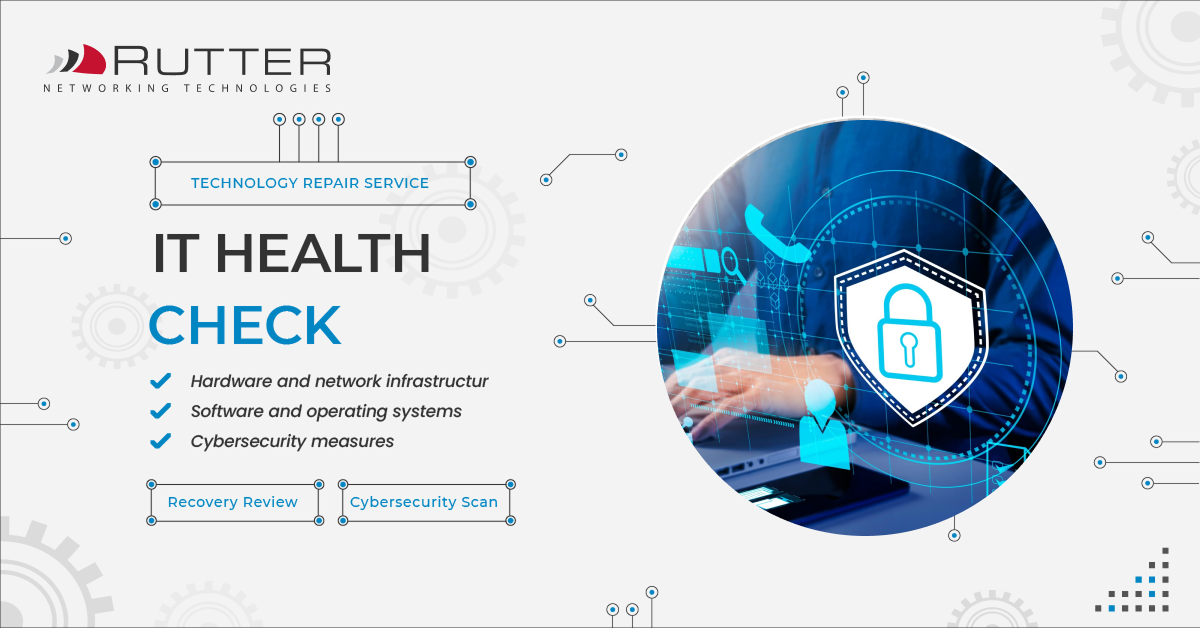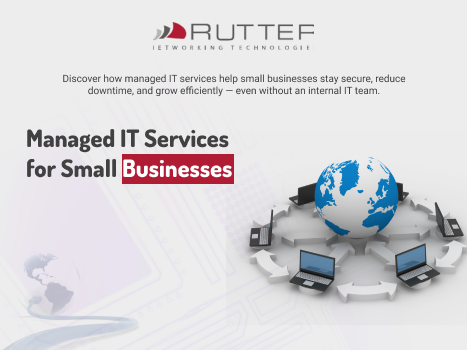What Microsoft Purview Is and Why It Matters
As regulatory expectations expand across industries, managing data compliance is one of the biggest challenges for Massachusetts businesses. Whether you’re managing financial records, patient information, or client data, you must know where that information lives, who can access it, and how it’s being used.


